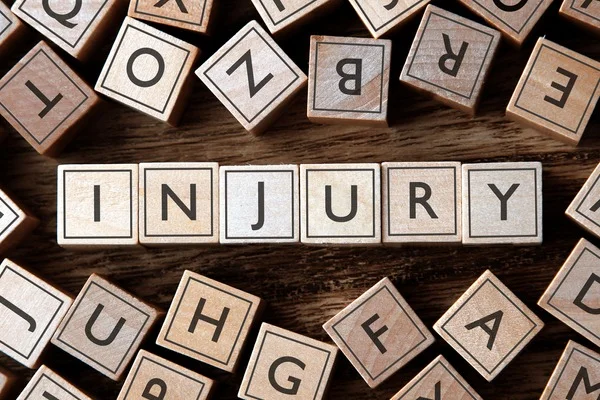Brain injuries can have serious and lasting effects. They can cause memory loss, confusion, headaches, and changes in mood or behavior. If you’ve suffered a brain injury due to an accident, you may file a claim to get compensation for your medical bills, lost wages, and other damages. But what happens when your claim is denied?
San Antonio is one of the most populous cities in Texas. Accidents are very common here, and when they do happen, people may face various injuries. In a city like San Antonio, where many residents rely on their jobs and family support systems, a denied brain injury claim can affect your entire household.
That is why it is important to seek help from a San Antonio brain injury attorney who understands your situation and knows how to handle brain injury cases.
Review the Denial
Start by carefully reviewing the denial letter you received from the insurance company. This letter should explain why your brain injury claim was rejected. According to the 2022 U.S. Bureau of Labor Statistics, over 2.6 million nonfatal workplace injuries and illnesses were reported in the United States. Many of these injuries qualify for workers’ compensation, but some claims are still denied. Common reasons for denial include:
- Lack of medical evidence
- Late claim filing
- Dispute over how the injury occurred
- Pre-existing health conditions
Understanding the exact reason for denial helps you decide what to do next. If anything is unclear, ask your attorney or doctor for help in interpreting the details.
Get a Medical Re-Evaluation
Sometimes, your initial medical records may not clearly show the severity of your brain injury. In such cases, getting a second opinion from another doctor can make a big difference. A re-evaluation may:
- Confirm your diagnosis
- Provide more detailed test results (like MRI or CT scans)
- Include a clearer explanation of your symptoms
A more thorough medical report can strengthen your case when you appeal the denial.
Continue your journey: This related article is worth your time.
Gather Additional Evidence
Besides medical records, other forms of evidence can support your claim. Collect documents that show how the brain injury has affected your life. These might include:
- Employer records showing missed work or job loss
- Witness statements from the accident
- Photos or videos from the accident scene
- A personal journal of your symptoms and daily struggles
All of this helps prove the seriousness of your injury and your need for compensation.
Consult with a Brain Injury Attorney
Legal help is essential when handling a denied brain injury claim. A qualified brain injury attorney can:
- Explain your legal rights
- Identify weaknesses in your original claim
- Gather stronger evidence
- Handle communication with the insurance company
An attorney familiar with brain injury cases in Texas will also understand local legal deadlines and procedures, which can help you avoid more setbacks.
File an Appeal
If your claim was denied, you usually have the right to file an appeal. This gives you a second chance to prove your case. Your attorney will help you:
- Meet the deadline for the appeal
- Write a detailed appeal letter
- Include stronger evidence
- Correct any errors made in the original claim
Act quickly because appeal deadlines are often short, and delays can hurt your case.
Seek Legal Action
If the insurance company still refuses to pay after your appeal, filing a lawsuit may be your next step. Your attorney can file a personal injury claim in court. This puts pressure on the insurer and may lead to a settlement or court-ordered compensation.
Keep in mind that lawsuits take time and can be stressful, but they may be necessary when all other options fail.
Conclusion
A denied brain injury claim is not the end of the road. You have legal rights and options. Start by reviewing the denial, getting a second medical opinion, and gathering more evidence. With help from a skilled brain injury attorney, you can appeal the decision or even take the matter to court. Don’t give up. Your health, future, and financial well-being are worth fighting for.
Ready for a deeper dive? Our most popular pieces live at 2A Magazine.







